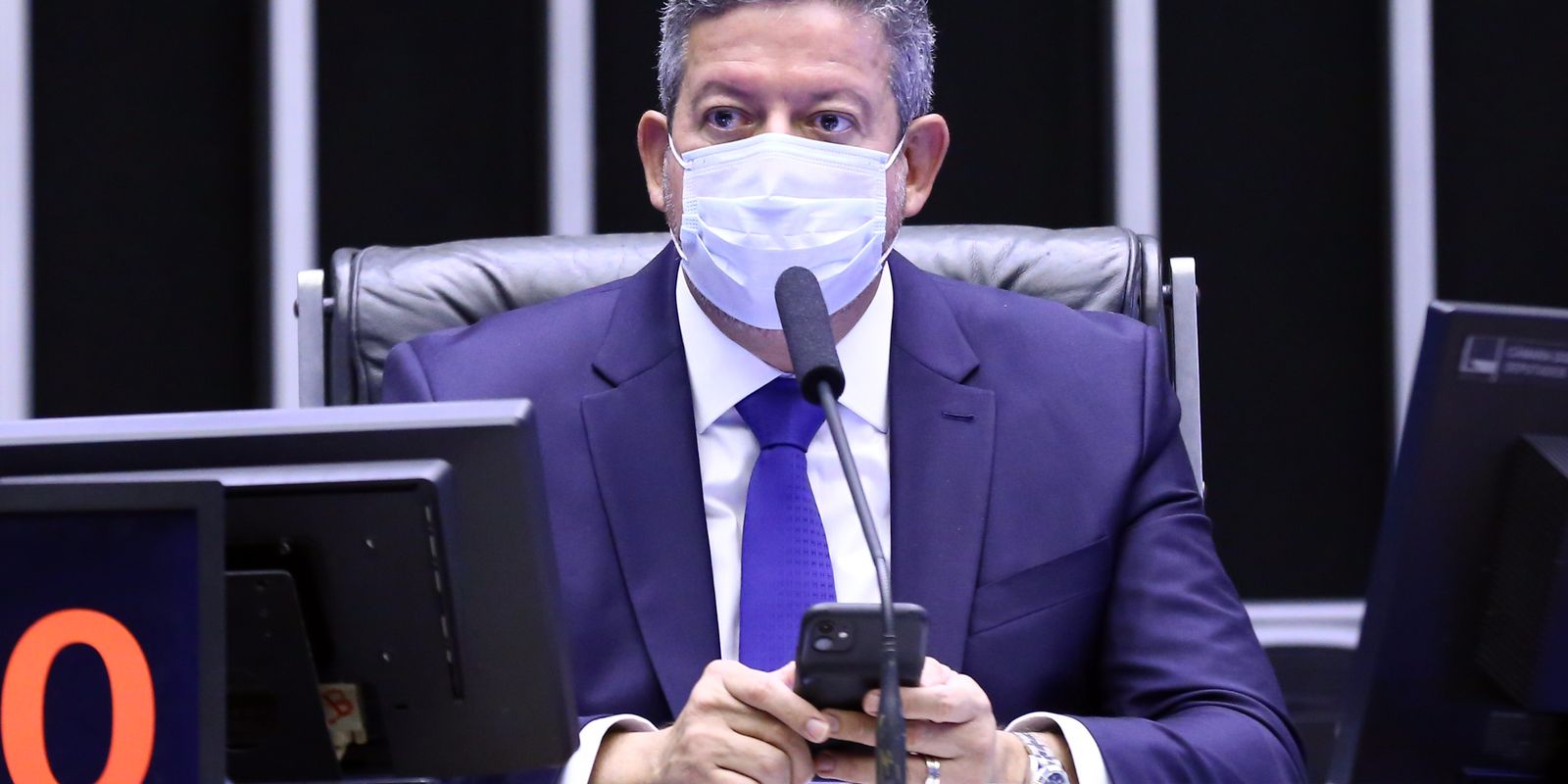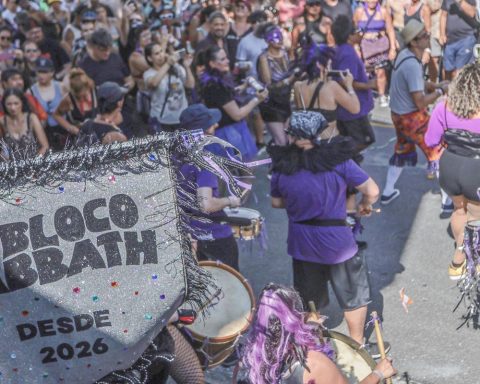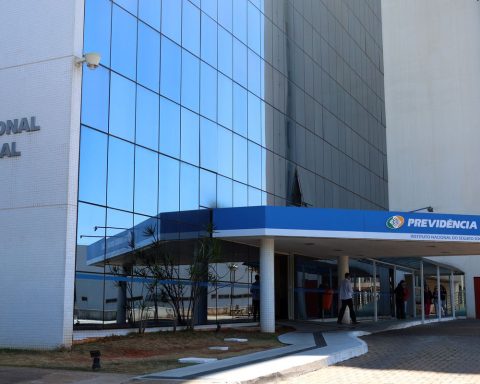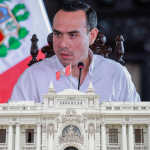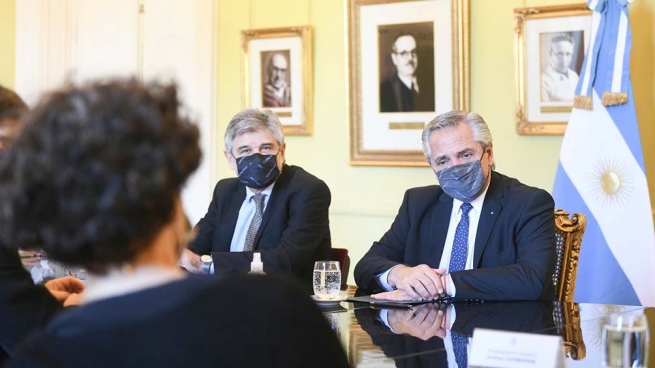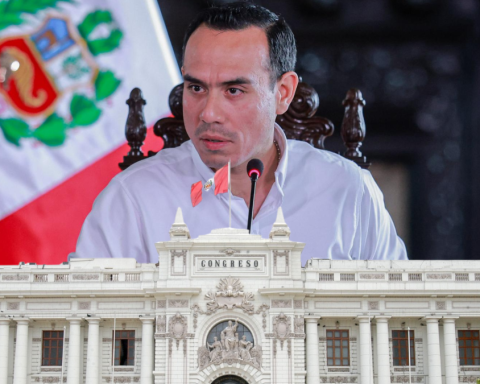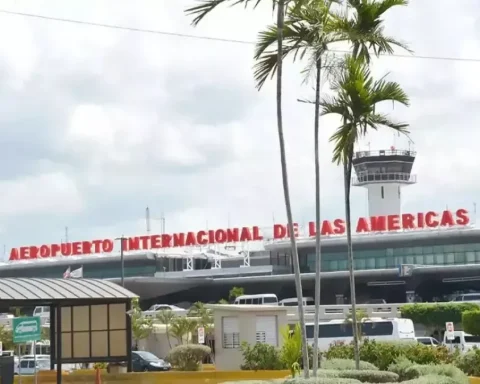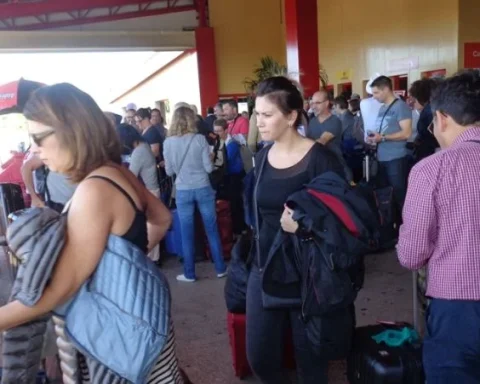The president of the Chamber of Deputies, Arthur Lira (PP-Al) said today (22) that he intends to put to a vote tomorrow the bill (PL) 442/9 that legalizes gambling in Brazil, such as casinos, bingos, electronic bets, federal and state lottery games and animal game. The proposal is controversial, but, in Lira’s assessment, the text has already been sufficiently debated and the House is ready to manifest itself in favor or not of the proposal.
“We are not going to make a value judgment. These are games that already exist in Brazil and take place as a misdemeanor or unofficially every day. are games online that sponsor the Brazilian team, soccer teams, that sponsor communication vehicles, animal games, bingo and the possibility of casinos resorts“, he said.
The proposal does not yet have a rapporteur. The text approved by a special commission in 2016 provides that this type of game will be released throughout the national territory. According to the project, casinos must be installed in resorts as part of an integrated leisure complex, the size of which will vary according to the population of the state in which it is located.
The text says that it will be released by state or in the Federal District: a casino for states that have a population of up to 15 million inhabitants; two establishments for those with a population between 15 and 25 million inhabitants; and a maximum of three establishments per state or in the Federal District, when the population is greater than 25 million. The proposal also prohibits the same group from owning two casinos in the same state and more than five in the entire national territory.
In the case of bingo, the text allows its exploitation on a permanent basis only in bingo houses, jockey clubs or in football stadiums, and occasional bingo games are prohibited, unless carried out by philanthropic, religious and Santas Casas entities to raise funds for its maintenance.
In addition to releasing the games, the proposal also opens the possibility for states to explore lottery games. In this case, it will be up to the states to regulate the operation of the state lottery and the animal game, whose exploitation has already been licensed by the Union.
Lira also said that, until the discussion is closed in the plenary, there is room for the text to be amended or highlighted by the deputies to “give full rigor” to the project. Lira also defended the approval of the proposal, with the argument that the release will increase tax collection, favor tourism and job creation.
“The good thing about games is that they can generate tourism, employment and taxes. None of these three factors exist in Brazil with clandestine games. Neither do they attract tourism, nor do they generate official jobs, nor do they attract investment or generate taxes. Taxes are paid abroad,” he argued.
fake news
Lira also said that he will only put to a vote the urgency of the PL 2630/20, when Orlando Silva (PCdoB-SP) has concluded the rounds of talks with party leaders. Nicknamed PL fake newsthe project, aims to improve Brazilian legislation regarding freedom, responsibility and transparency on the internet.
Among other points, the project brings rules for transparency in the placement of ads and paid content. The text also addresses the creation of rules for content moderation, in cases where the company or application withdraws a post or suspends an account; creates a penal type to combat the spread of fake news on the internet and the requirement that companies have a legal representative and head office in Brazil, to facilitate contact with the country’s authorities.
In addition to parliament, the debate around the fake news the Superior Electoral Court (TSE) is also active. The court that signed an agreement with the main tech companies: Google, WhatsApp, Facebook, Instagram, YouTube, Twitter, TikTok, LinkedIn and Kwai to prioritize controlling the spread of fake news. Another platform, Telegram, returned the agency’s requests to discuss the topic.
“I always say that we are going to deal with the issues that are being dealt with there. [no projeto], legislatively. If it depends on the Chamber, we are not going to make a polarization as to whether that is so or not. If Telegram is fake news or drugs are sold. I think it has to arrive at an impartial legislative route so that we treat this matter that is serious, current and emerging in a rational way”, he said.
professional nursing floor
Another point raised by the president of the Chamber was the PL 2564/20 establishing a salary floor for nurses, nursing technicians and assistants and midwives. The text, approved in December by the Senate, establishes that the minimum initial amount for nurses will be R$ 4,750, to be paid nationally by public and private health services. In other cases, there will be proportionality: 70% of the floor for nurses for nursing technicians; and 50% for nursing assistants and midwives.
According to Lira, the Senate approved the matter, but did not say where the resources for the payment of professionals will be taken from. Lira also said that he created a working group to analyze the budgetary impacts of the project and is waiting for the result to put the proposal on the agenda.
“I have nothing against nurses, I only respect nurses. The Senate voted on a text that we cannot know how much of an impact it has. If it is R$17, 23, 37 or 50 billion and who will pay this cost. Because, many times we think that we are giving a floor, but it could be taking a job”, he said. “Perhaps a municipality in São Paulo will be able to pay the minimum wage of R$ 3,700 and one in Amapá, will it be able to handle it?”, he added.
